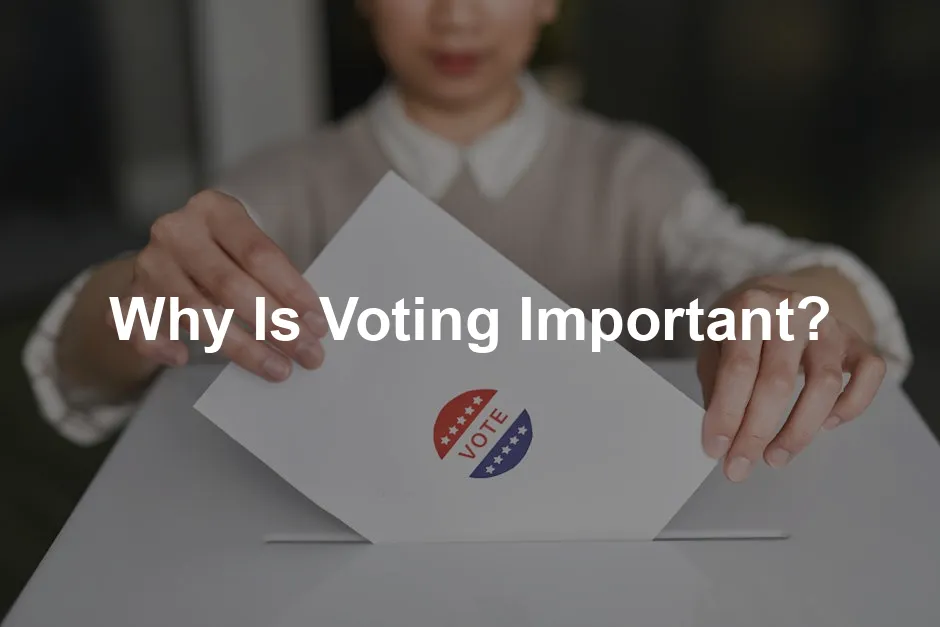
Why Is Voting Important?
Introduction
Voting is both a fundamental right and a civic duty. It allows you to voice your opinions and influence decisions that affect your life. Through voting, you shape the society and government you live in. This article will discuss the significance of voting in various contexts, emphasizing its importance in today’s world.
Summary and Overview
Voting has a rich history, evolving from a privilege for a few to a right for many. Historically, various groups faced barriers to voting, including race and gender. Today, voting matters for several reasons. It impacts personal lives, strengthens communities, and shapes national policies. Each election brings an opportunity to express your beliefs and priorities. In the upcoming sections, we will look deeper into specific aspects that highlight voting’s significance.
The Historical Significance of Voting
The Evolution of Voting Rights
Voting rights have changed dramatically over time. Initially, many groups were denied the right to vote, including women and people of color. Key amendments like the 15th, 19th, and 26th expanded access to voting. The 15th Amendment allowed Black men to vote, while the 19th granted women that right. The 26th Amendment lowered the voting age to 18, recognizing young people’s role in democracy. Despite these advancements, challenges remain, and voter suppression tactics still exist. Understanding this history highlights the ongoing fight for equal access to the ballot box.
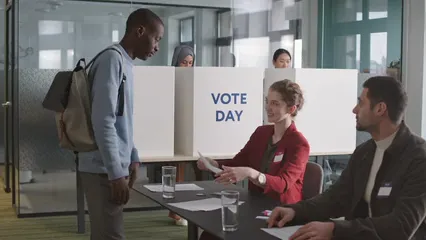
To dive deeper into this fascinating history, check out “The 15th Amendment: A History” by the National Park Service. It’s a great resource that showcases the struggles and triumphs of voting rights throughout the years.
The Fight for Voting Rights
The struggle for voting rights has been long and arduous. Major movements, such as the women’s suffrage movement and the Civil Rights Movement, played pivotal roles. Figures like Susan B. Anthony and Martin Luther King Jr. fought tirelessly for equality at the ballot box. Their dedication inspired countless others to join the cause.
Despite progress, challenges persist. Voter suppression tactics still threaten access to the polls. For instance, some states have enacted laws that disproportionately affect minority communities. This ongoing fight highlights the importance of vigilance in protecting our rights.
For a vivid portrayal of this struggle, I highly recommend the “John Lewis: Good Trouble” DVD. It’s a powerful reminder of the ongoing fight for voting rights and the importance of civic engagement.
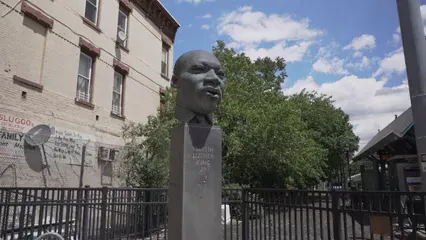
Why Your Vote Matters
Every vote carries weight. Individual votes can tip the scales in close elections. For example, the 2000 presidential election was decided by just 537 votes in Florida. This illustrates how your participation can shape political outcomes.
Statistics show that local elections often see lower turnout compared to national ones. In some areas, fewer than 15% of eligible voters participate in local elections. This means that a single vote can significantly influence community decisions.
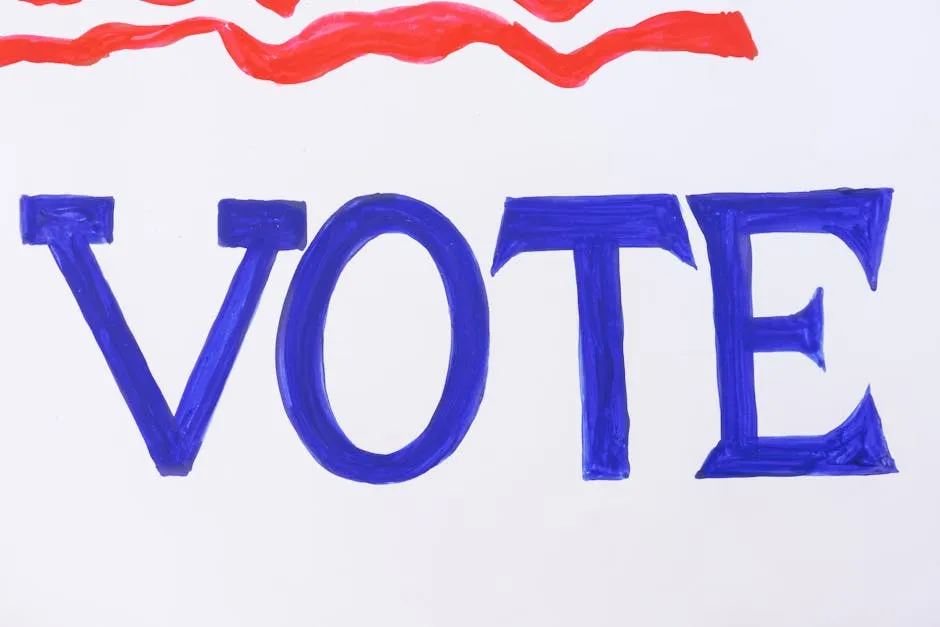
Impact on Local Issues
Local elections directly affect your daily life. They determine funding for schools, public safety, and community services. By voting in these elections, you help prioritize issues that matter to you and your neighbors.
Engaging in local elections is vital. These decisions shape the environment you live in, from parks to public transportation. Your vote ensures that local leaders reflect your values and concerns.
If you’re interested in understanding more about the importance of voting, check out “The Power of One Vote” by the National Archives. It delves into how every single vote can make a difference!
Representation and Accountability
Voting plays a crucial role in how we select our leaders. When you cast your vote, you choose representatives who make decisions on your behalf. These elected officials shape local policies, influence laws, and represent your community’s interests. Without your vote, others make these choices for you.
Elected officials are responsible for addressing issues that matter to you. They make decisions about schools, public safety, and healthcare. Your vote holds them accountable. If they don’t meet your expectations, you can vote them out in the next election. This cycle of accountability ensures that leaders remain responsive to your needs.
It’s essential to participate in local elections. They may seem less glamorous than national races, but their impact is profound. Local leaders influence your daily life, from the quality of schools to the safety of your neighborhood. By voting, you ensure your voice is part of these critical decisions.

For those interested in exploring civic responsibilities further, consider reading “Civic Engagement: A Guide to Community Involvement”. It provides valuable insights into how you can engage in your community beyond just voting.
Civic Responsibility and Engagement
Voting as a Civic Duty
Voting is more than just a right; it’s a civic responsibility. Engaging in elections is vital for a healthy democracy. When you vote, you express your beliefs and values, contributing to the broader societal conversation. Each vote tells a story about what matters to you and your community.
Historical figures have emphasized the importance of voting. John Lewis, a prominent civil rights leader, said, “The vote is the most powerful, non-violent tool we have in a democratic society.” His words remind us that every vote is a step toward progress and equality.
By voting, you honor the struggles of those who fought for this right. Many endured hardships to ensure you could participate in democracy. This privilege should not be taken lightly. Your vote shapes the future and reflects your commitment to the community and country.

For a deeper understanding of the historical context of voting rights, check out “The History of Voting: A Comprehensive Guide”. It covers the evolution of voting rights and their impact on society.
Encouraging Participation
Voting should be a shared experience within communities. Here are a few strategies to boost voter turnout:
- Community Outreach: Organize local events that promote voting. Host informational sessions to clarify the voting process and its significance.
- Education Initiatives: Create workshops that teach people about the voting process. Understanding how to register, where to vote, and the importance of each election can empower individuals.
- Engagement Programs: Develop initiatives aimed at young voters. Programs in schools and universities can stimulate interest in civic engagement.
- Social Media Campaigns: Leverage social platforms to spread awareness about upcoming elections. Use eye-catching graphics and relatable content to grab attention.
- Buddy Systems: Encourage friends and family to vote together. This creates a supportive environment and can make the voting experience more enjoyable.
Education plays a crucial role in understanding voting processes and candidates. When individuals know their choices, they feel more confident in participating. Schools and community organizations should prioritize voter education, ensuring everyone is informed.
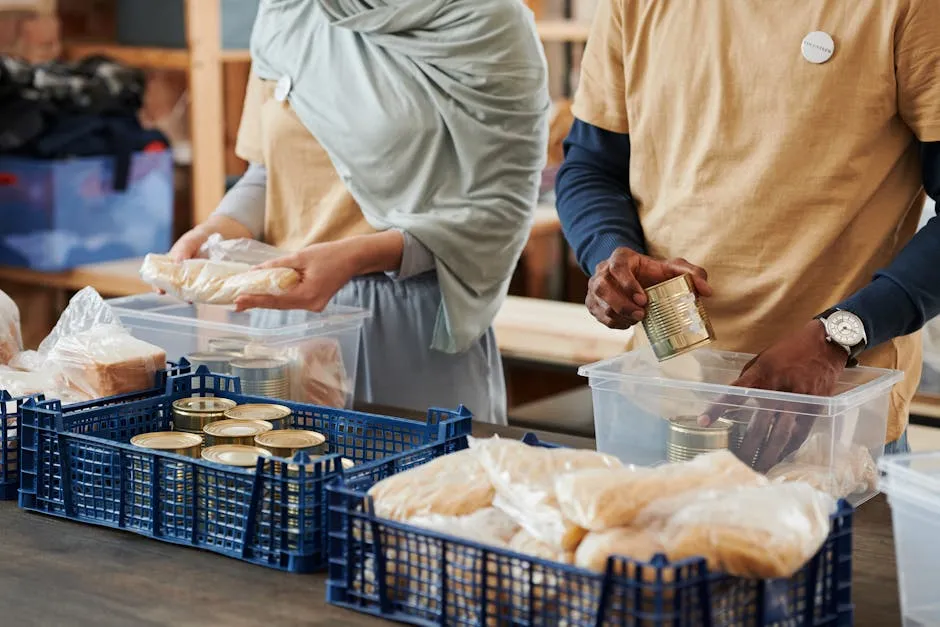
Engaging young voters and underrepresented groups is vital. Initiatives like mock elections in schools can spark interest. Collaborations with local organizations can help tailor outreach efforts. These strategies can create a culture of voting within communities.
To further encourage participation, consider checking out “Vote for Change: A Guide to Civic Engagement”. This book offers practical advice on how to get involved and inspire others.
The Consequences of Not Voting
Risks of Apathy
Voter apathy poses significant risks to democracy. When people disengage, they allow others to make decisions for them. This can lead to governance that doesn’t represent the public’s needs. Low turnout often results in a government that reflects the interests of a select few.
Statistics reveal a stark correlation between voter turnout and policy outcomes. For instance, elections with low participation often see policies that do not serve broader community interests. This disenfranchisement can perpetuate cycles of inequality.

Historical Context
History offers examples where lack of voting led to dire consequences. For instance, the 1920 elections saw many women still disenfranchised. Decisions made during that era did not reflect women’s needs, stalling progress on gender equality.
Additionally, during the Civil Rights Movement, low voter turnout among Black communities resulted in unrepresentative governance. This lack of representation allowed discriminatory laws to persist. These historical lessons illustrate the importance of every vote in shaping our future.
To learn more about these critical issues, consider reading “Voting Rights: A History” graphic novel. It presents a compelling narrative of the fight for voting rights.
Contemporary issues, like climate change or healthcare reform, can also be impacted by increased voter participation. Engaging in elections is essential to influence these critical matters. By voting, individuals take a stand for their rights and their communities.
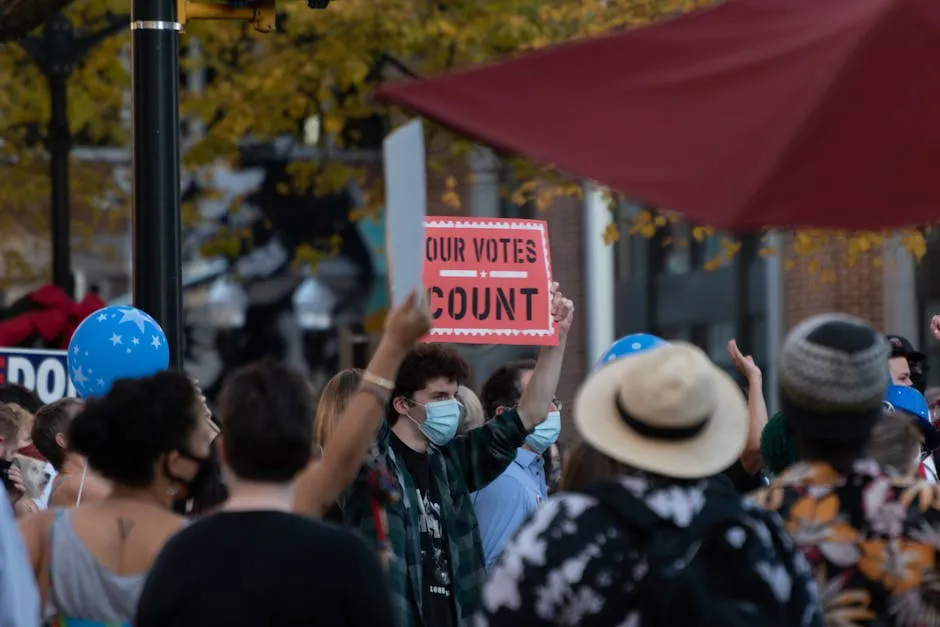
Making Your Voice Heard
Voting is just one way to participate in democracy. You can engage in many activities to make a difference. Volunteering for campaigns or local organizations is a great start. Advocacy for issues you care about can also amplify your voice. These actions can significantly impact your community and foster change.
Educating yourself about candidates and issues is vital. Understanding their positions helps you make informed choices. There are numerous resources available for voter education. Websites like Ballotpedia provide nonpartisan information on candidates and measures. Local organizations often host forums where you can learn more.

For a comprehensive understanding of voting rights, check out “The Fight for the Right to Vote” by the American Civil Liberties Union. It sheds light on the ongoing challenges in securing voting rights for all.
The Role of Technology
Technology has transformed how we vote and engage with the electoral process. Online registration makes it easier to get involved. Many states now allow voters to register from the comfort of their homes. Mail-in voting has also become a convenient option. This flexibility ensures that more people can participate, regardless of their circumstances.

Social media plays a crucial role in mobilizing voters. Platforms like Twitter and Instagram spread information quickly. They raise awareness about upcoming elections and important issues. Engaging content can encourage your friends and family to vote. By sharing your thoughts online, you contribute to the larger discussion about democracy.
If you’re interested in the intersection of technology and voting, check out “Voting: A History of Democracy”. It explores how technological changes have influenced the voting process over time.
Conclusion
Voting is a fundamental right and a civic duty. It’s essential to participate actively in the democratic process. Your voice matters, and your vote has the power to shape our future. As we work to protect and expand voting rights, let’s stay vigilant. Encourage others to join this crucial endeavor, ensuring that everyone’s voice can be heard in our democracy.
Please let us know what you think about our content by leaving a comment down below!
Thank you for reading till here 🙂
All images from Pexels




